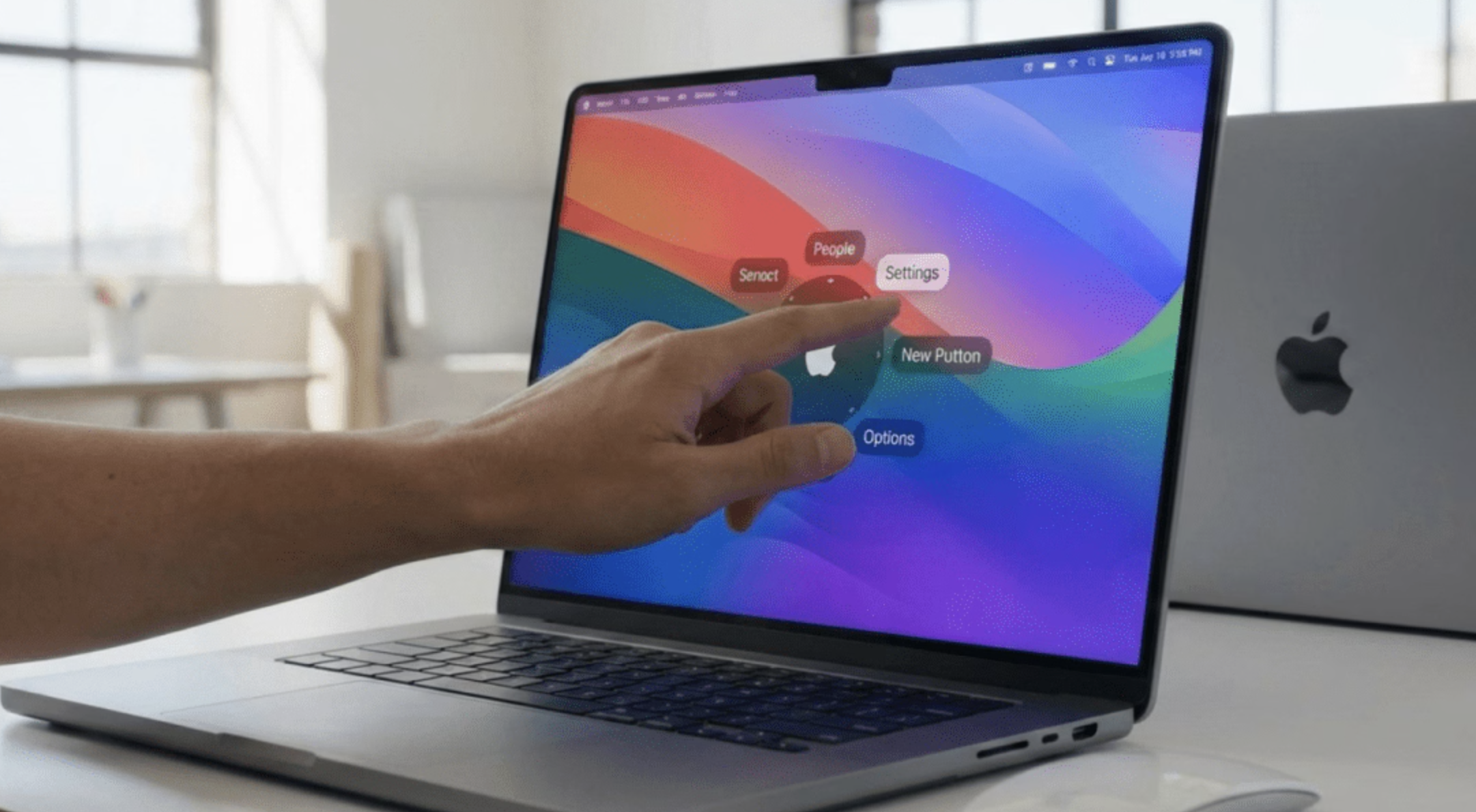GenZ are different! Now that is not an unknown thing. Individuals in Generation Z were born between 1997 and 2012. On the other hands, millennial is someone who was born between 1981 and 1996.

While both of these have a difference in consumer habits, preferences, purchasing habits, there is something that both of them have in common, which is the importance of mental health at work.
Mental Health Important for Millennials & GenZ Employees
Since a vast proportion of working population includes millennial and GenZ employees, mental health becomes the cynosure and it puts the role of managers has some under scrutiny.
As per a recent report, as much as 60% of employees worldwide feel that their job was the biggest factor influencing their mental health.
What is more interesting is that, as per the survey, a vast majority of people would prioritise mental health over a high-paying job and even take a pay cut as per the survey.
The survey further explains that “Managers have just as much of an impact on people’s mental health as their spouse (both 69%) — and even more of an impact than their doctor (51%) or therapist (41%)”.
It also predicted that globally 40% C-level leaders “will likely quit in the next 12 months due to work-related stress”.
The people surveyed under the ‘Mental Health at Work: Managers and Money’ report was released by The Workforce Institute at UKG earlier this month include working respondents from 10 countries holding a variety of roles.
As per the survey, 20% of the people across the world feel that their job has a negative impact on their mental health. This number is further skewed in case of women.
Work Negatively Impacts Home Life For Employees
The report adds that “At the end of the workday, 43% of employees are ‘often’ or ‘always’ exhausted, and 78% say that stress negatively impacts their work performance. That stress from work carries into our personal lives, too, as employees say work negatively impacts their home life (71%), wellbeing (64%), and relationships (62%)”.
However, the numbers are not bright for those who raise it to their managers as even though 40% of employees remain stressed about work, many of the surveyed individuals also admitted that they had ‘rarely or never talked with their manager about it’.
The report why people do not report it are multiple, which include “Some say “my manager wouldn’t care” (16%) or “my manager is too busy” (13%), while others have a sense that they “should be able to figure it out” on their own (20%)”.
However, the managers are also among the ‘stressed’ segment of the workforce.
“Around half of managers wish someone had warned them not to take their current job (57%) and also say it’s likely they’ll quit their job within the next 12 months because they’re experiencing too much work-related stress (46%).”












